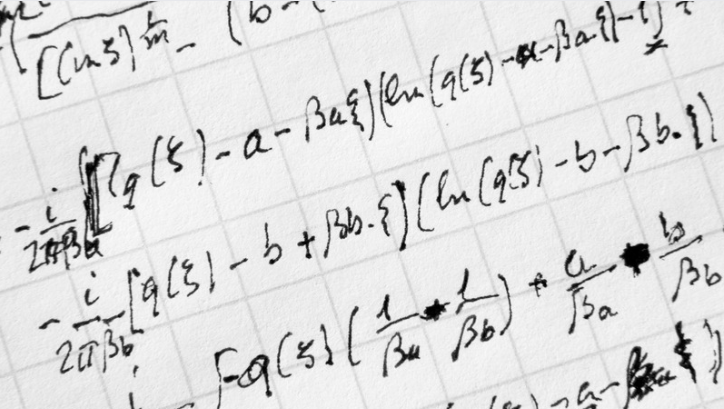
Have you ever pondered the intriguing question: is physics math or science? As a seasoned blogger with a passion for unraveling complex concepts, I delve into this thought-provoking debate. Physics, often referred to as the fundamental science, embodies the laws governing the natural world. On the other hand, mathematics serves as the language through which these laws are expressed and understood.
I’ll explore the intricate relationship between physics and mathematics, shedding light on how these disciplines intertwine to unveil the mysteries of the universe. Join me on this intellectual journey as we navigate the realms of equations, theories, and empirical observations to decipher whether physics is inherently mathematical, scientific, or perhaps a harmonious blend of both.
Is Physics Math or Science
Exploring the essence of physics opens a gateway to comprehending the fundamental principles that govern the universe. Physics, as a discipline, intertwines with both mathematics and science, forming a unique symbiotic relationship that underpins our understanding of the cosmos. In physics, I encounter a fusion of mathematical precision and empirical observations. The beauty of physics lies in its ability to quantify natural phenomena through mathematical models.
These models, derived from intricate equations, enable me to predict the behavior of particles, the motion of celestial bodies, and the interactions of fundamental forces. Through physics, I unravel the mysteries of the universe by conducting experiments and making observations. The scientific method guides my exploration, as I formulate hypotheses, test them through experimentation, and draw conclusions based on empirical evidence.

The Relationship Between Physics, Math, and Science
Exploring the intricacies of physics, I uncover its profound connection to both mathematics and science, intertwining these disciplines in a harmonious dance of understanding the natural world. Physics, at its core, is a manifestation of mathematical principles interwoven with empirical observations, creating a tapestry of knowledge that elucidates the universe’s mysteries. Physics leverages the language of mathematics to quantify and describe the natural phenomena we encounter daily.
By formulating mathematical models, physicists can predict the behavior of celestial bodies, elucidate the fundamental forces governing our universe, and unravel the complexities of nature itself. Through the lens of the scientific method, physics embarks on a journey of experimentation and hypothesis testing to unveil the truths hidden within the fabric of reality. It embraces curiosity, critical thinking, and a relentless pursuit of knowledge, bridging the gap between abstract mathematical concepts and tangible empirical observations.
The Debate Unveiled: Is Physics Math or Science?
Delving into the intricate relationship between physics, math, and science, I unravel the ongoing debate on whether physics is primarily math or a distinct scientific discipline. Connecting mathematical frameworks with empirical evidence, physics embodies a unique blend of mathematical precision and experimental verification, blurring the boundaries between the two disciplines. Physics, with its foundation on natural laws and mathematical formulations, harnesses mathematical tools to capture the intricate workings of the universe, from subatomic particles to cosmic phenomena.
Through mathematical models, physicists quantitatively describe physical laws, enabling the prediction of celestial events and the understanding of fundamental forces shaping our world. As a physicist, I navigate the scientific landscape, utilizing the scientific method to formulate hypotheses, conduct experiments, and draw conclusions based on empirical evidence. Physics drives me to explore the unknown, employing critical thinking and curiosity to unlock the mysteries of nature.

Evaluating the Role of Math in Physics
Exploring the intricate relationship between physics and mathematics allows me to delve into the core of this debate. Physics, as a discipline, heavily relies on mathematical tools to quantify and describe natural phenomena. When delving into the realm of physics, one can’t overlook the indispensable role that math plays in unlocking the mysteries of the universe.
In physics, math serves as the language through which we articulate theories, formulate equations, and make predictions. The elegance of mathematical expressions empowers physicists like me to model the behavior of particles, predict the trajectories of celestial bodies, and comprehend the fundamental laws that govern the cosmos.
It’s through these mathematical frameworks that we can simulate the behavior of systems, analyze data, and derive profound insights into the nature of reality. By harnessing the power of mathematics, I, along with my peers in the field, can quantitatively investigate the fundamental principles that underpin the natural world.
Whether probing the depths of quantum mechanics or studying the expansive reach of cosmology, mathematics provides a robust foundation for our explorations, enabling us to connect theoretical concepts with empirical observations.
